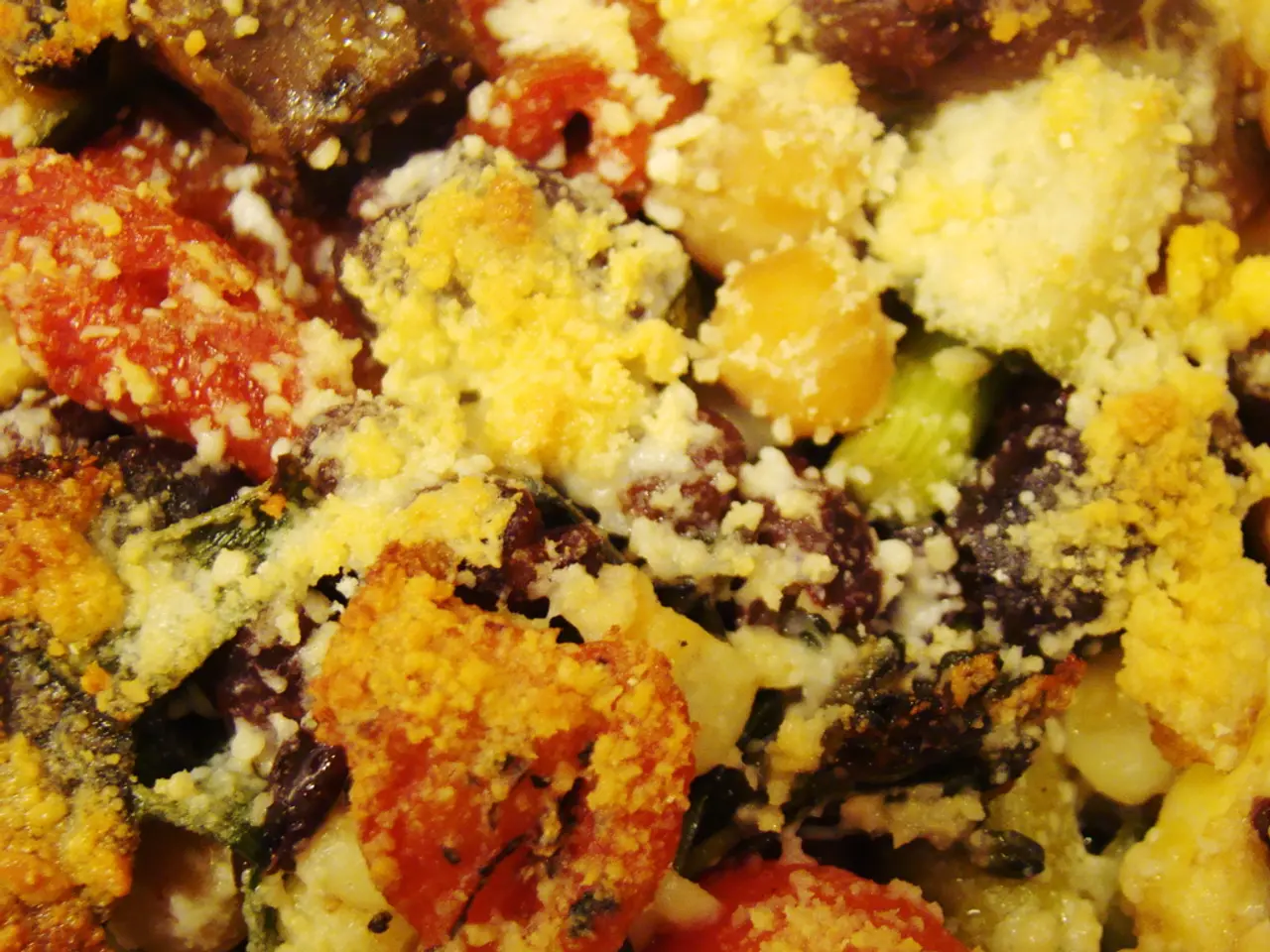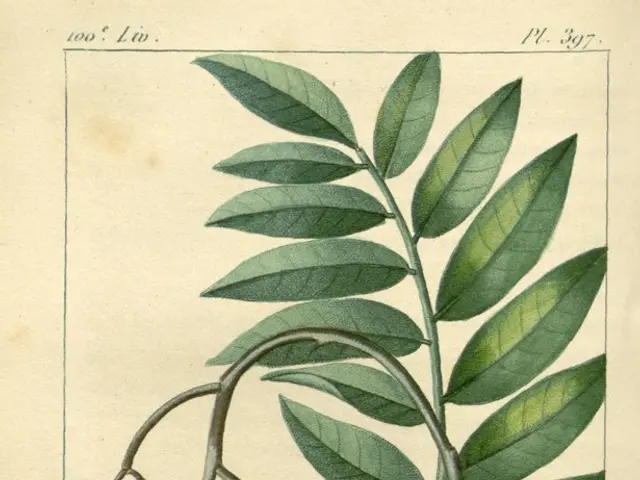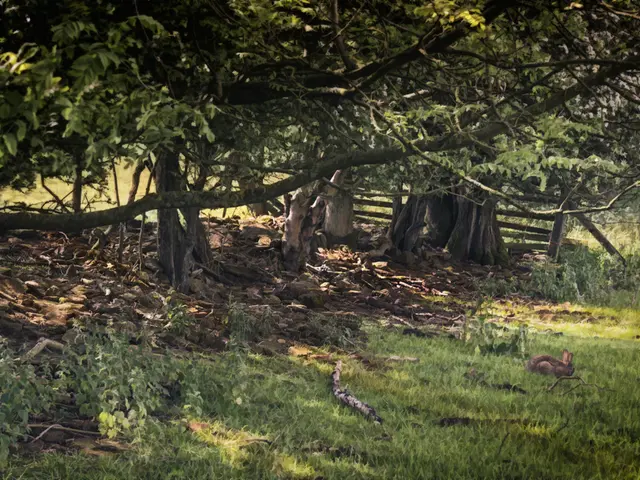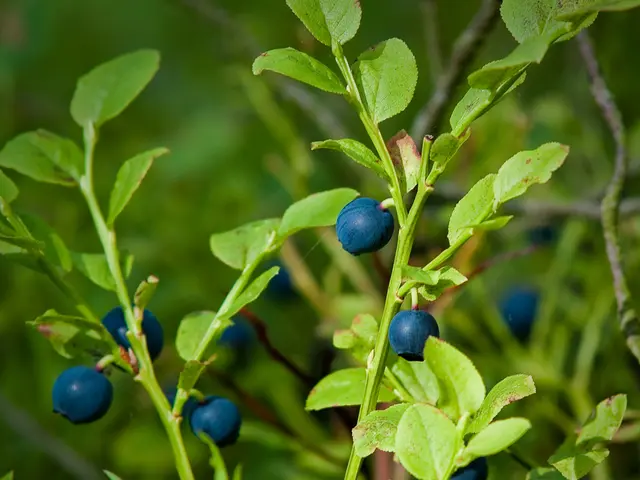The Strategic Advantage of Cultivating Your Own Food Today
In these challenging economic times, growing your own grub and grog just hit an all-time high in price. That's why farmers, homesteaders, and gardeners have got it going on. Not only do they reap the benefits of a healthier lifestyle, but they're also cashing in when times are tough. Here's the lowdown on how to monetize your planting prowess.
Steps to Score Financial Nirvana with Gardening
1. Visioning it up
We caught up with expert garden guru Lauren Craig from Humble Hive Consulting. She thinks your garden vision should be focused on objectives. Ask yourself, "What resources am I hankering to produce, and what resources do I plan to source locally?" This will help narrow it down and get you closer to the independence you crave.
2. Bartering your bounty
Money might be a bit tight, but your garden couldn't care less. Leveraging your produce, trading what you grow for local services like haircuts, car repairs, or other products, could save you some greenbacks. Farmers' markets, restaurants, or even creating your own market are good options if trading locally isn't an option.
3. Vermin farming for the win
While some folks are busy calculating their R.O.I above ground, others are zeroing in on what lies beneath. Worm castings can fetch a pretty penny for any earthworm lover. High-quality worm castings enrich and aerate the soil, bringing better yields and moving you away from monocultures and soil nutrient depletion.
4. Seed swapping
Saving and exchanging seeds can help reduce expenses and increase seed species diversity. Preserving heirloom seeds is crucial to keep rare varieties alive. Although selling your seeds might require jumping through licensing hoops, seed exchanges like Seed Sovereignty could help save you dollars on project overheads.
5. Compost comradery
Turn your veggie scraps and garden waste into compost. Selling compost is an easy way to reduce expenses, although the rules may vary depending on where you live. Small-scale compost operations will likely go unchallenged, but it's a good idea to check your state's composting council rules to avoid any dramas.
6. Mind over matter
Gardens offer more than just financial gains for many. They can be instrumental in beating stress and anxiety. A 2022 Urban Forestry & Urban Greening study showed how gardening helped millions during the pandemic. The simple act of gardening can help keep the blues at bay during tough times.
7. Preserving your pennies
Whip up a batch of jam without breaking the bank. Canning fruits and vegetables allows you to experiment and express your creativity while saving money on store-bought goods.
8. Honey heaven
Just like how bees are attracted to flowers, customers are attracted to homegrown honey. If you have a bit of space and set up a bee-friendly garden, you can produce honey with minimal effort.
9. Get your herbal meds
Herbs and spices have healing properties and can help reduce expenses during hard times. Medicated plants like peppermint, thyme, and chamomile have life-enhancing qualities that can save you a pretty penny on pharmaceuticals.
10. Peace of mind
When the going gets tough, there's nothing quite like standing back and marveling at your garden's bounty. Gardening is more than just a way of life—it's about insulating yourself from the world's ups and downs. By focusing on meeting your basic needs, you can find true wealth.
Fun Fact
According to the Department of Health, pharmaceuticals saw a 15% increase in 2023, equating to a significant rise in public spending. Saving money on herbal remedies will help you beat the budget blues during hard times.
- Lauren Craig, an expert garden guru, recommends focusing your garden vision on production objectives for self-reliance and a desired resource list for local sourcing.
- Excess produce can be traded for services like haircuts, car repairs, or other products, potentially saving money.
- Worm castings, which enrich and aerate the soil, can be sold for a profit by those who farm earthworms.
- Saving and swapping seeds can reduce costs and increase seed species diversity, while preserving heirloom seeds keeps rare varieties alive.
- Composting veggie scraps and garden waste can result in a valuable product that can be sold, subject to local regulations.
- Gardening has been shown to alleviate stress and anxiety, providing mental health benefits, especially during challenging times like a pandemic.
- Canning fruits and vegetables can save money by reducing the need for store-bought goods.
- Homegrown honey can be a profitable and minimally efficient venture for those with sufficient space and a bee-friendly garden.
- Herbs and spices with healing properties can help reduce expenses on pharmaceuticals during hard times.
- Gardening provides more than financial benefits, offering a sense of self-sufficiency and a way to insulate oneself from economic instability.







